Check out these technology strategies grocery retailers must leverage to attract and retain customers
Could grocery shopping be… fun? More and more consumers seem to think so, treating supermarkets as leisure destinations where they actually want to spend time instead of a simple chore to cross off their to-do list.
To support this change, more and more grocery stores are adding smoothie bars, full-service restaurants, cozy cafés, and even drive-thrus to encourage customers to stick around. And when customers linger, they tend to spend more and come back again and again.
As the grocery industry becomes more experiential, the pressure is on for retailers to stand out. According to research from Capgemini, 57% of tech enabled in-store experiences are a top loyalty factor for grocery shoppers. Here are four technology strategies grocery retailers and supermarkets should take advantage of (if they haven’t already) to stay ahead.
1. Artificial intelligence to fuel consumer interest
Artificial Intelligence (AI) is revolutionising the grocery industry, transforming routine shopping into a personalised and engaging experience. For example, Instacart's AI powered "Smart Shop" feature allows customers to describe the type of meal they want, receive tailored recipe recommendations, add the necessary ingredients to their cart, and have them delivered to their doorstep.
AI is projected to unlock $136 billion in value across the grocery sector by 2030, and while the most significant impacts are expected in supply chain and logistics ($67.7 billion) and merchandising ($25.7 billion), grocery retailers can use AI not only to drive more efficient operations, but also to find new and creative ways to engage customers.
2. Automated replenishment to avoid stockouts
One of the toughest balancing acts in grocery retail is getting inventory just right. Too much stock, and you’re left with waste. Too little, and your customers walk away empty-handed. It’s a costly problem; UK supermarkets throw away around 240,000 tonnes of food every year, a significant chunk of which is still edible.
That’s where automated replenishment can make a real difference. This smart technology helps retailers keep shelves stocked with exactly what’s needed — no more, no less. By setting precise reorder points, the system automatically tracks inventory and sends alerts when items dip below a set threshold. That means you’re not overordering products that sit and spoil, and you’re not running out of the essentials your customers rely on.
It’s a smarter, more efficient way to manage stock and one that’s better for the bottom line, the customer experience, and the planet.
3. Data analytics to keep up with purchasing habits
Consumer shopping habits can shift overnight; one minute shoppers are filling their carts with barbecue supplies, the next they’re reaching for soup and bread. Everything from a sudden cold snap to a viral TikTok recipe can impact what people buy. A clear example? During record rainfall in the UK, demand for winter staples surged unexpectedly, catching some retailers off guard.
To stay ahead of these trends, grocery retailers are increasingly turning to advanced data analytics. In fact, around 61% of grocery businesses in Europe plan to invest in this technology to better understand and anticipate customer needs, according to PYMNTS. With real-time insight into what’s flying off the shelves — and what’s not — retailers can make smarter stocking decisions, run targeted promotions, and adapt quickly to shifting demand.
4. A retail platform that goes beyond sales
To fully harness the power of technologies like artificial intelligence, automated replenishment, and data analytics, grocery retailers need more than individual tools, they need a centralised software platform built specifically for the complexities of grocery retail.
Managing multiple systems for inventory, customer data, online sales, and in-store operations can lead to inefficiencies, data silos, and missed opportunities. What retailers really need is a unified solution that connects the dots, giving them a clear, real-time picture of their entire business from one place.
This is where a solution like LS Central by LS Retail, an Aptos Company, comes in. Designed with grocery operations in mind, LS Central brings together sales, customer insights, and inventory data into a single platform.
It supports everything from AI driven recommendations and automated replenishment to robust data analytics, while offering retailers the flexibility to add functionality when and where they need it. But it doesn’t stop there. LS Central also includes support for self-checkout, mobile scan-pay-go capabilities, and integrations with major e-commerce platforms, enabling grocers to offer a seamless omnichannel experience.
Want to learn more about our powerful software solutions for grocery retailers? Visit www.lsretail.com or book a meeting with our team at Shoptalk Europe in Barcelona from 2nd-4th June 2025!
About LS Retail, an Aptos Company
LS Retail, an Aptos Company has been providing comprehensive PoS and business management software solutions to retail and hospitality businesses worldwide for over 30 years.
Our modular software combines point of sale, inventory, customer loyalty, reporting, and financials into one system with the flexibility to scale and add functionality as business needs evolve. Today, over a hundred thousand retail stores, restaurants, cafés, pharmacies, resorts, cruise lines, gas stations, and more rely on LS Retail software in 157 countries.




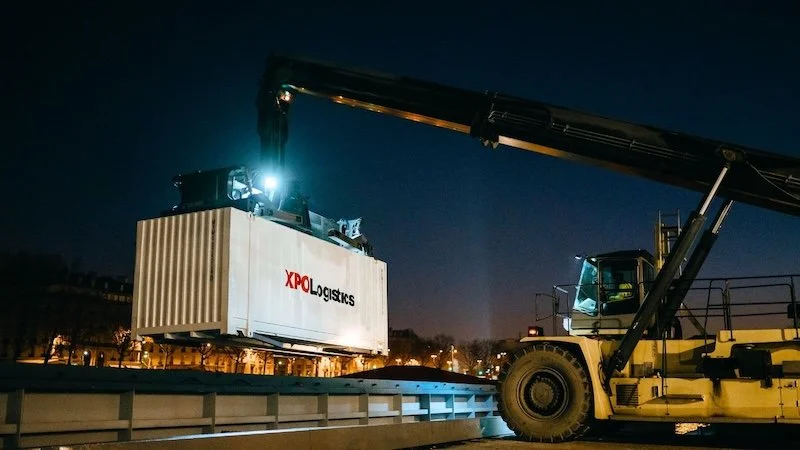






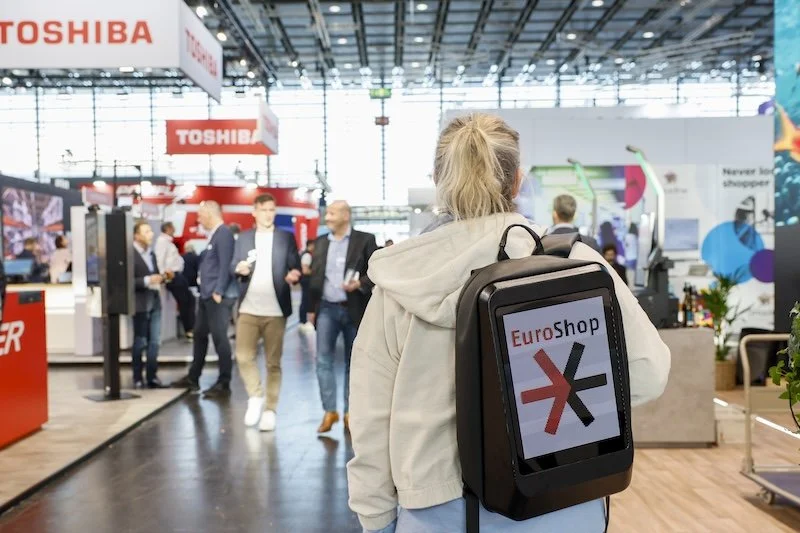
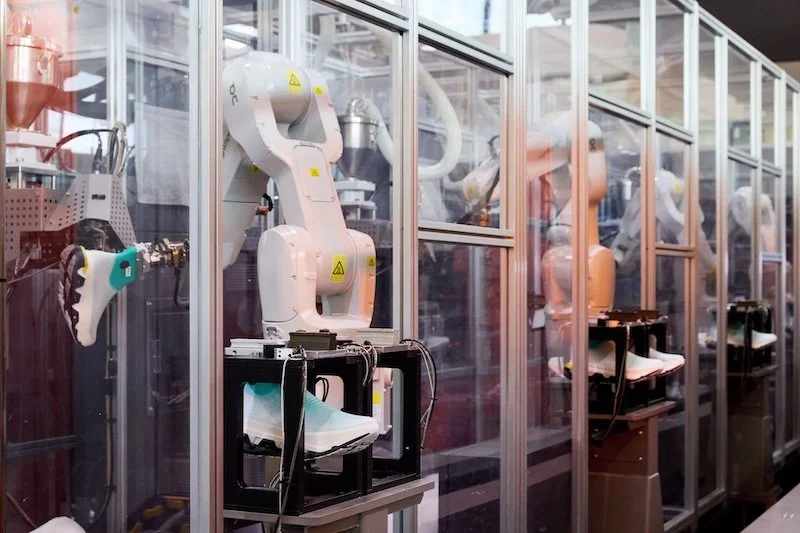


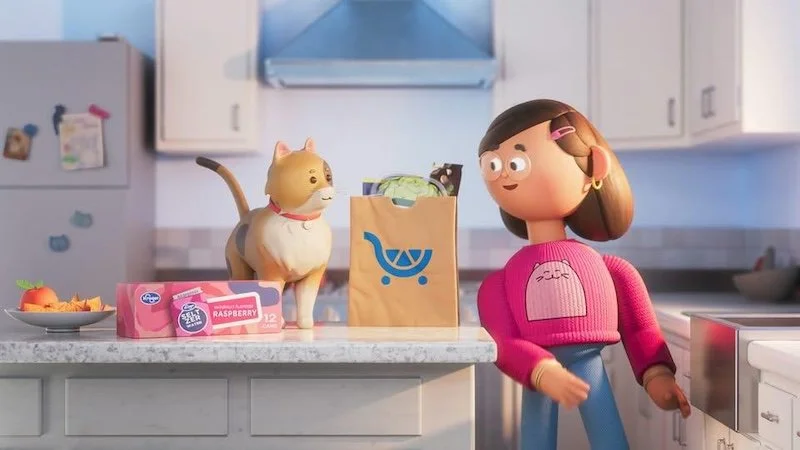



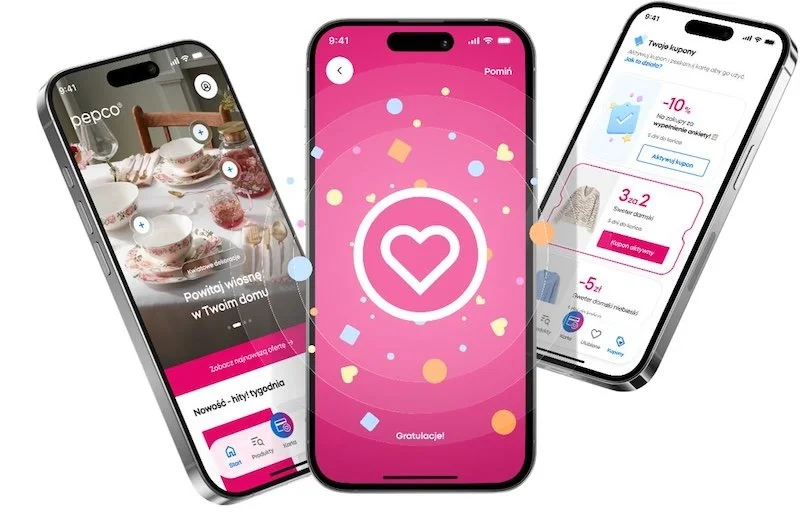
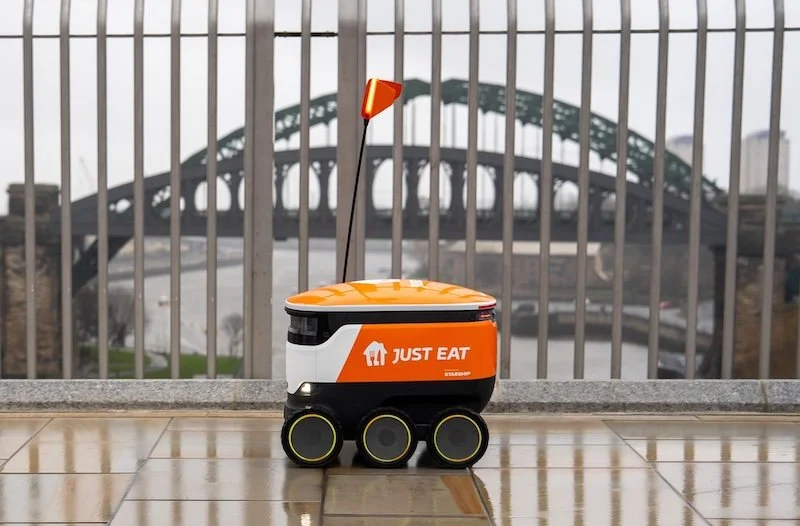

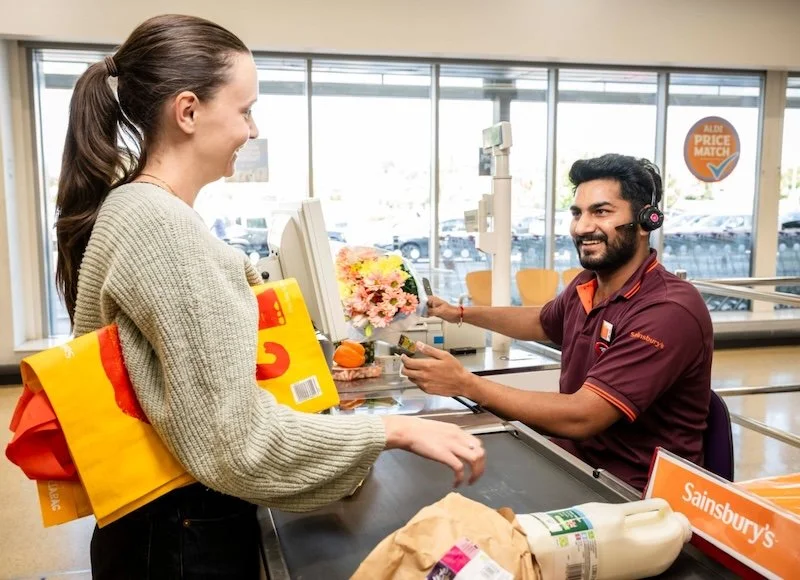
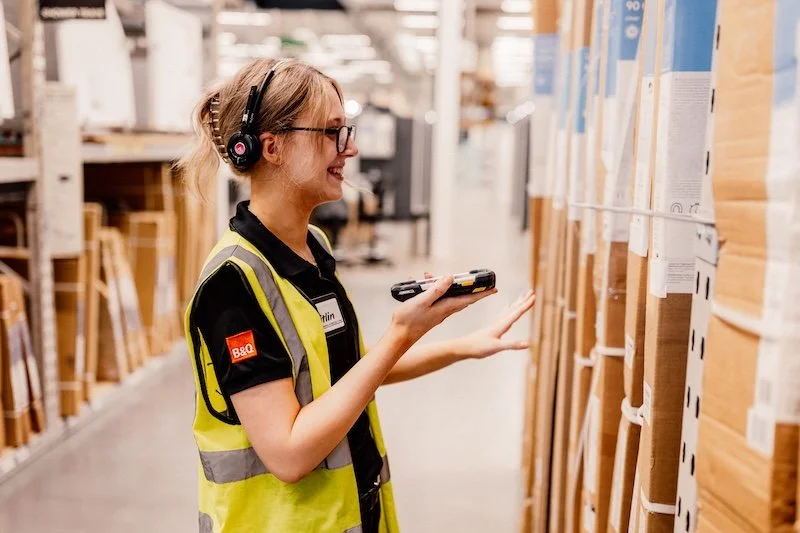
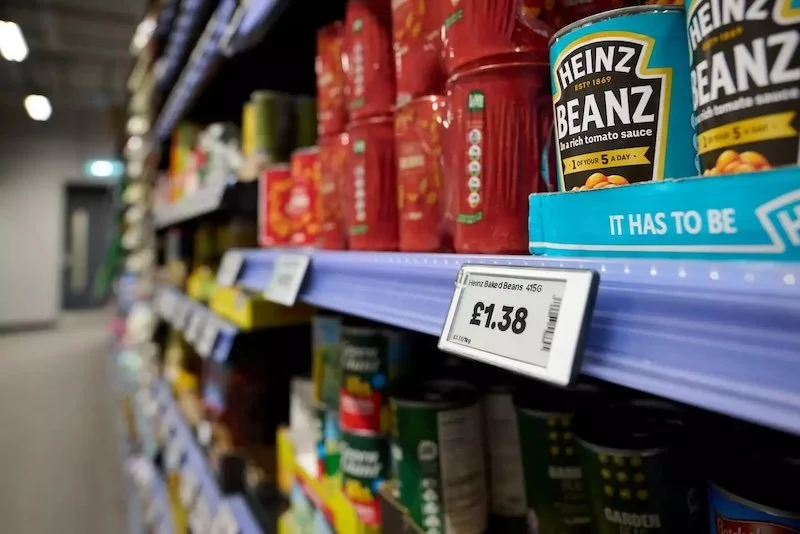


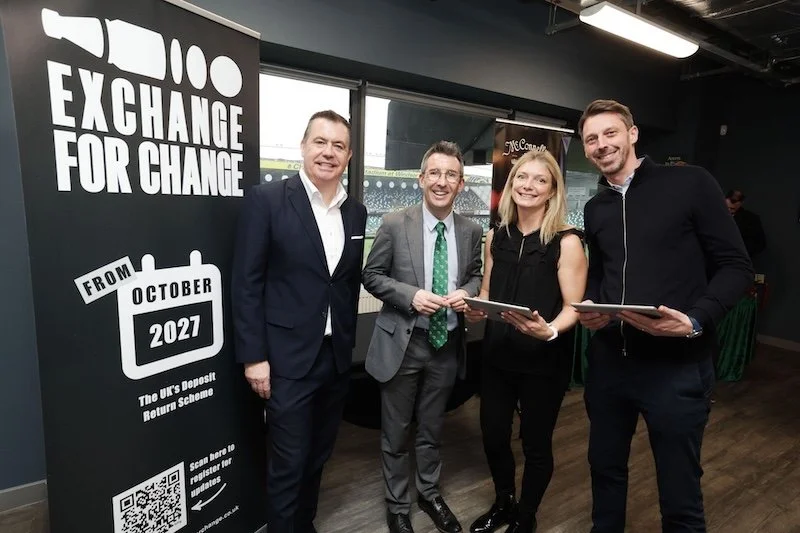
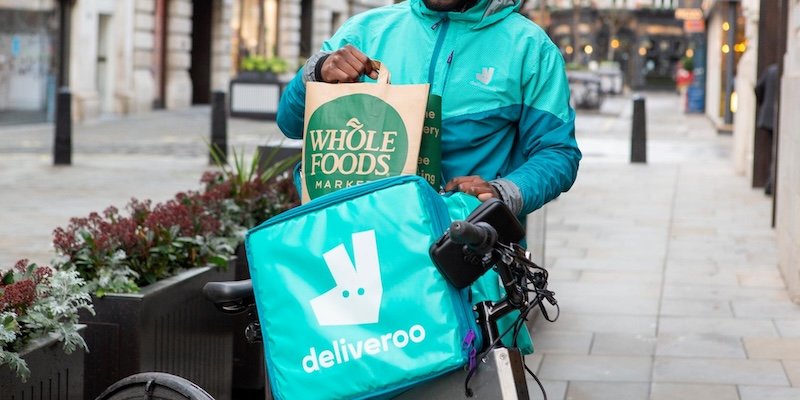

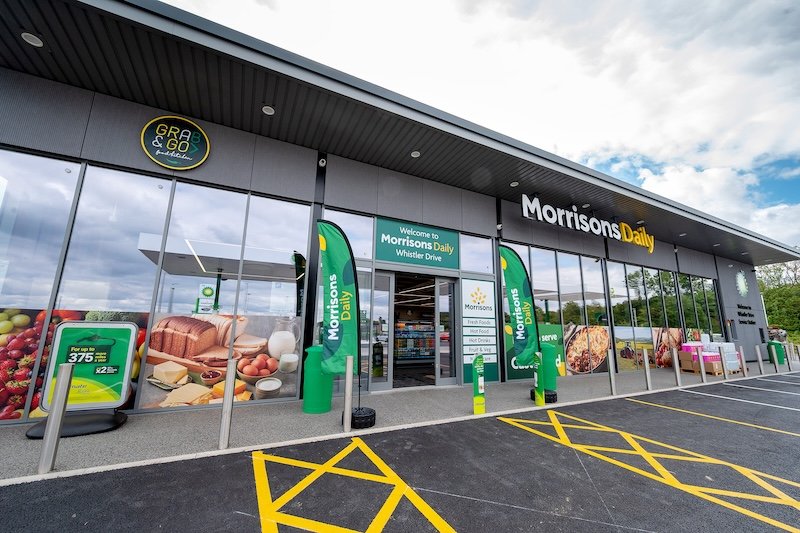
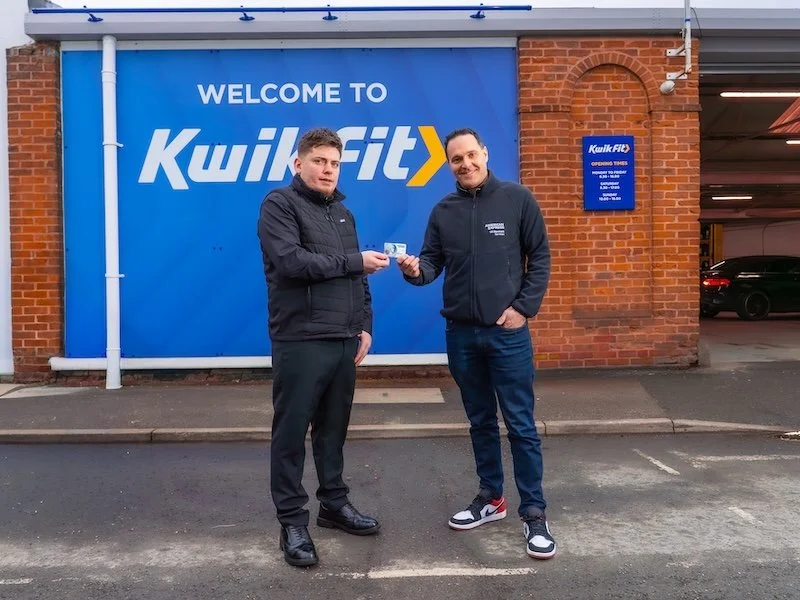
Continue reading…